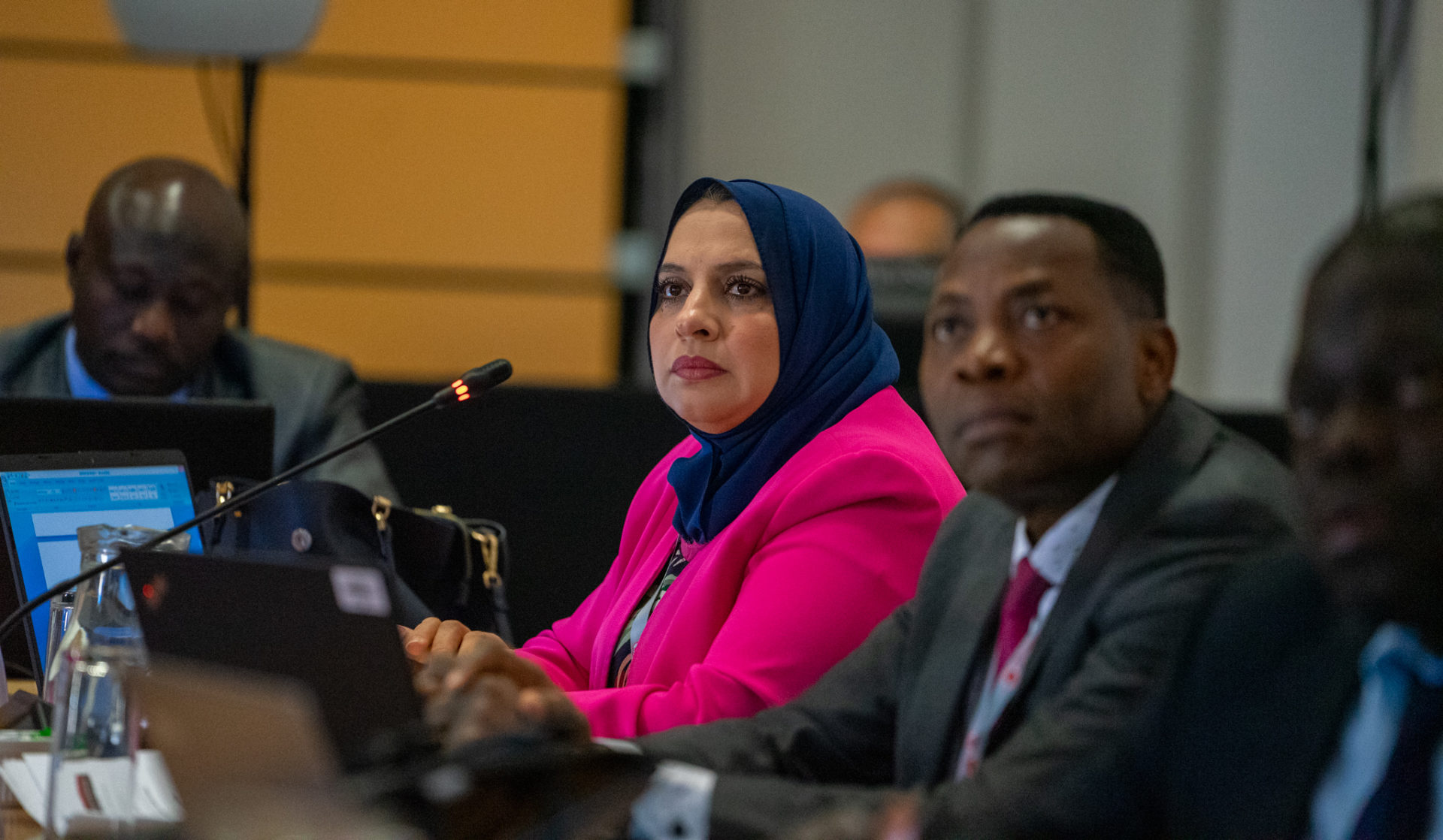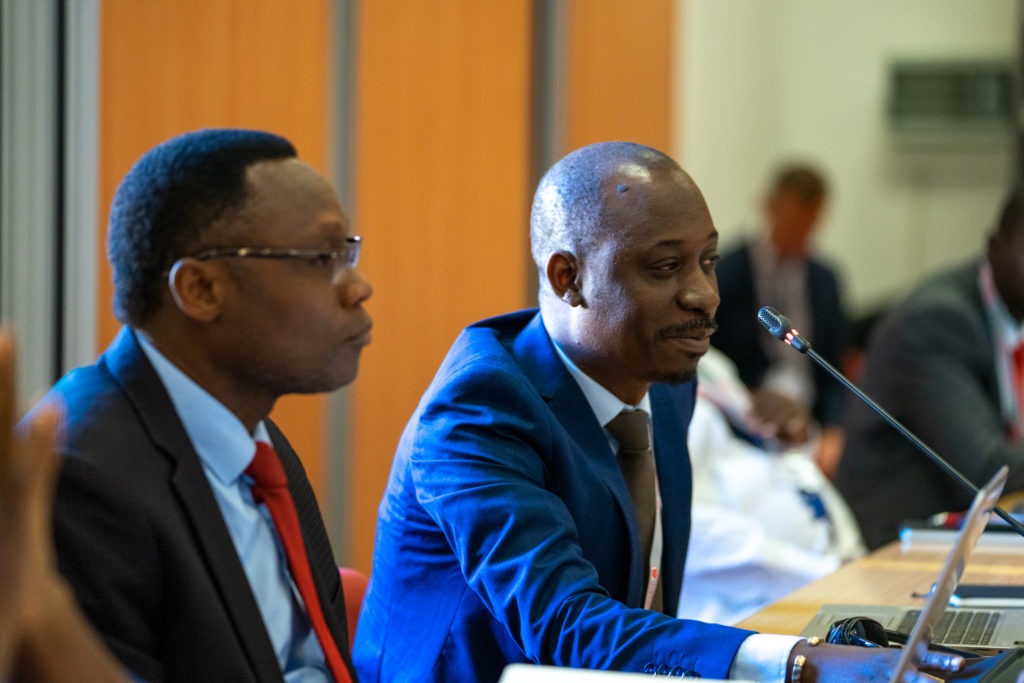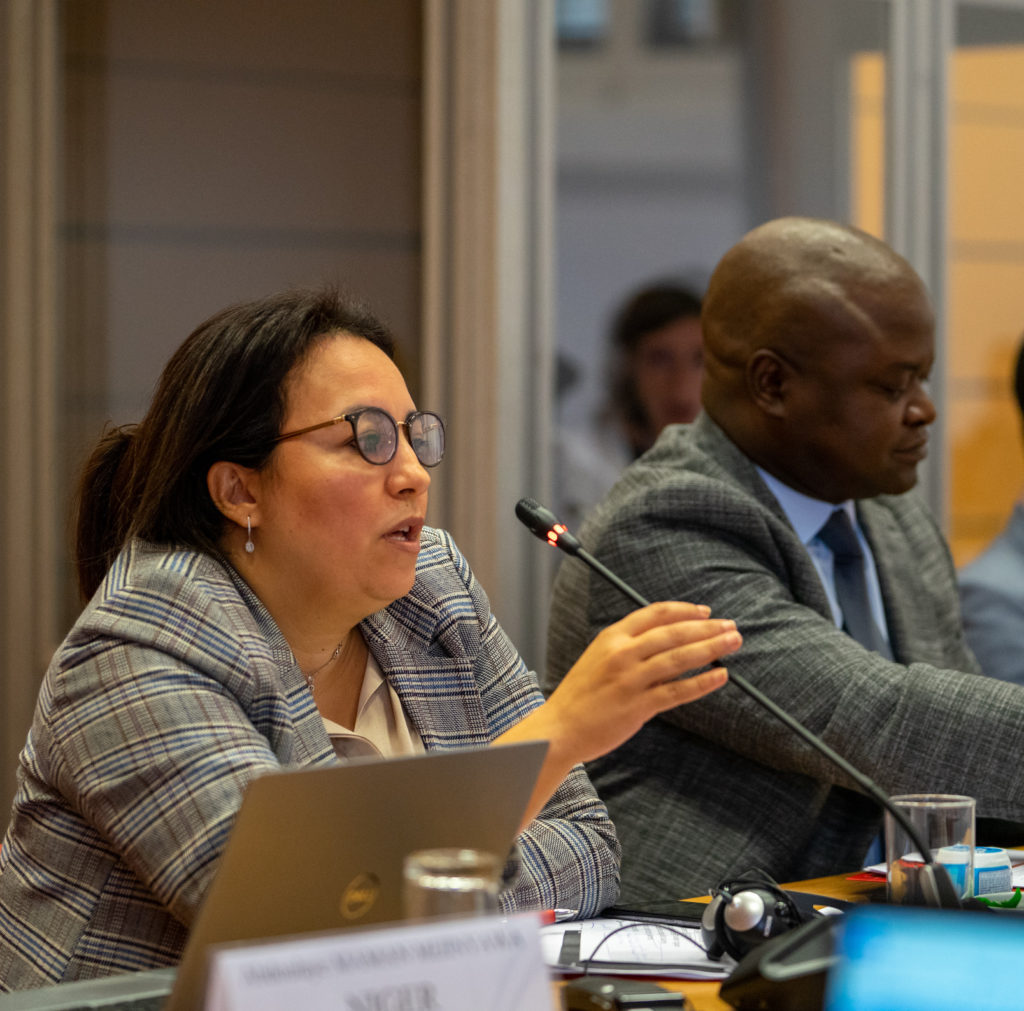
In November 2022, the IIJ Academic Unit brought together 21 French-speaking criminal justice practitioners from West and North Africa for its second Francophone and fourth in-person Counter-Terrorism Academic Curriculum course (CTAC).
This immersive, foundational course – funded by the Government of the United States – built the skills and capacities of frontline police, prosecutors, and examining judges from Algeria, Benin, Cameroon, Central African Republic, Chad, Morocco, Ivory Coast, Niger, and Senegal. Practitioners strengthened their core skills on conducting investigations and prosecutions of terrorist crimes through:
- Increased awareness of proportionate, reasonable and justifiable methods to investigate terrorism, in compliance with human rights, including special investigation techniques;
- Improved drafting and advocacy skills to accurately communicate facts and legal arguments;
- Implementation of efficient case management procedures to reduce trial delays;
- Improved participation of witnesses and victims in investigations and prosecutions of offenders, including through better protection mechanisms;
- Enhanced knowledge of international good practices for the effective investigation and prosecution of terrorism cases; and
- Strengthening international networks and international cooperation to improve evidence collection, mutual legal assistance and the extradition of offenders.

As with previous course iterations, the CTAC uses interactive pedagogical methods through which the participants are required to solve problems and challenges which arise during the investigation of a hypothetical cross-border terrorism case. The process of active problem solving reinforces the relevant skills and good practices presented in the course materials. The problem-solving exercises allowed participants to deepen their fundamental knowledge and will facilitate the use and implementation of these new skills in their work in their national jurisdictions.
This fourth CTAC course welcomed practitioners who had previously worked together during the Academic Unit’s many French-language eCTAC courses on proactive investigations to consolidate and deepen participants’ networks and cooperation.

Feedback on the CTAC course was positive and detailed how lessons learned during the course have been and could be translated into practical approaches to improve their work.
For more information on the CTAC, please contact Programme Manager Dallin Van Leuven.
